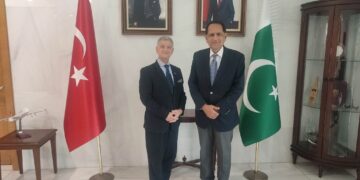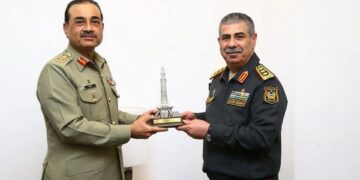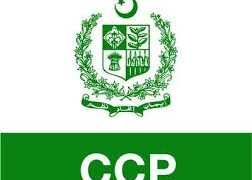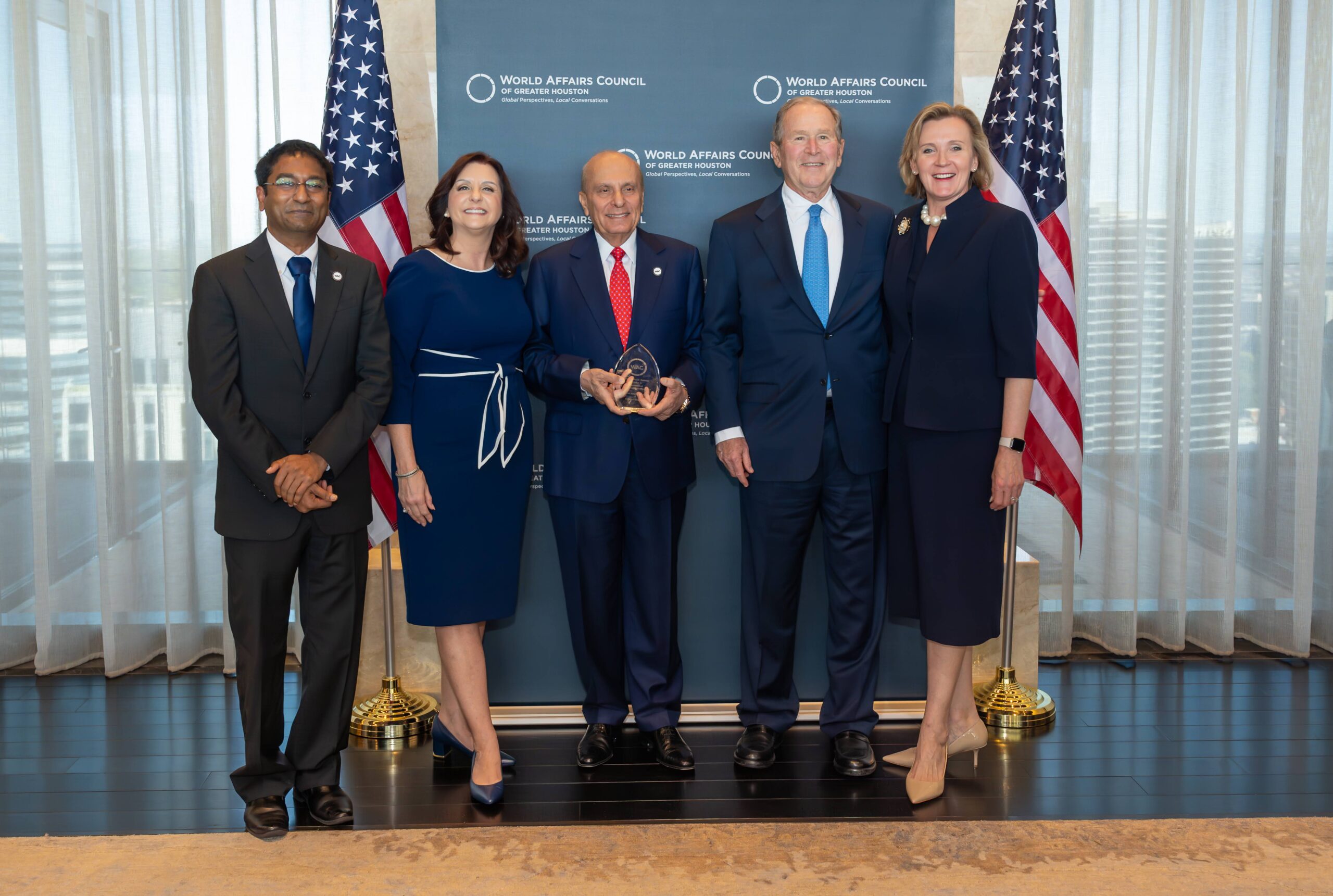Karachi, 9th October 2024 — The Legal Aid Society, in collaboration with the United Nations Democratic Endowment Fund (UNDEF), Tehrik-e-Niswan, and Bond Advertising, hosted the “Mela on Women’s Rights in Marriage”, a unique and interactive event designed to raise awareness about women’s legal rights in marriage. The event blended cultural traditions with critical legal education, engaging participants through interactive segments that emphasized the significance of understanding Nikahnama clauses, haq meher, dowry, and other legal protections for women.
One of the key issues discussed at the event is the often-overlooked potential of the Nikahnama as a tool for protecting women’s rights. Despite its role as a binding marriage contract, crucial clauses that safeguard women’s autonomy – such as those related to the bride’s haq meher, the delegated right of divorce, and special conditions – are frequently left blank or crossed out. An empirical study conducted by the Legal Aid Society in 2023 revealed that in 90% of the Nikahnamas reviewed from Sindh, these vital clauses remained unfulfilled, raising concerns about the systematic exclusion of safeguards for women.
The event reflected the spirit of a South Asian wedding, and was attended by government stakeholders, civil society organizations, and women’s rights advocates. The Chief Guest, Shaheena Sher Ali, Minister, Women Development Department, Government of Sindh, delivered the keynote address, stating, “We need awareness and need to counsel people regarding their rights and responsibilities, especially in the case of the nikahnama and one’s marriage. A man is never blamed for the dissolution of a marriage, meanwhile the blame is always put on the women. Why do we, as women, do not get our rights? I want that we keep doing sessions like this, until we ensure that every nikahnama is filled completely. Both the bride and groom have the full right to read their nikahnama and fill it accordingly. NADRA should be involved in the process of registering a nikahnama. We need to work towards a policy that no marriage certificates are issued until a nikahnama is fully filled out.”
The event featured multiple interactive segments, including a Mehendi Stall where participants received slogans through mehendi designs while learning about the importance of women’s rights in a marriage. A highlight of the event was a theatrical performance performed by Tehrik-e-Niswan that demonstrated the importance of understanding and negotiating the terms of the Nikahnama, including clauses on financial rights and the legal age of marriage. A Bridal Walk showcased embroidered dupattas featuring messages on women’s empowerment and marriage rights.
An insightful panel discussion featured legal experts and activists who discussed the detrimental impact of unfilled clauses of the Nikahnama and the importance of raising awareness related to marriage. Syed Uzair Al Huda, Nikah Registrar commented, “It is very easy to get a license from the union council to be a nikah registrar. The government needs to make these changes: nikah registrars should be registered based on their qualifications and experiences. They should be given the basic knowledge, and the government should make an effort to register nikahkhwans and record their data.”
Iqbal Detho, Chairperson, Sindh Human Rights Commission, Government of Sindh commented, “The nikahnama should have the clause including the bride and groom’s CNIC numbers to make it easier to ensure their ages are being recorded correctly in the nikahnama. This can help put a stop to child marriages,” emphasizing the need for collective action to ensure that women are fully informed of their rights in marriage.
Syed Khalid Hyder Shah, Additional Chief Secretary, Local Government, Government of Sindh also highlighted the importance of such events, noting, “We are working towards standardizing the process of nikah registration including the requirements of a nikahkhwan to become a registrar. This will ensure that the rights given by law to women are protected and safeguarded.”
The “Mela on Women’s Rights in Marriage” concluded with a call for stronger collaboration between government bodies and civil society to promote and protect women’s legal rights in marriage. The event underscored the importance of informed decision-making while fully and accurately filling Nikahnamas, reflecting the principles of justice and fairness that underpin Islamic marriage laws. By raising awareness and fostering cultural change, the event highlighted a path forward towards greater empowerment and equity for women within the institution of marriage in Pakistan.
















